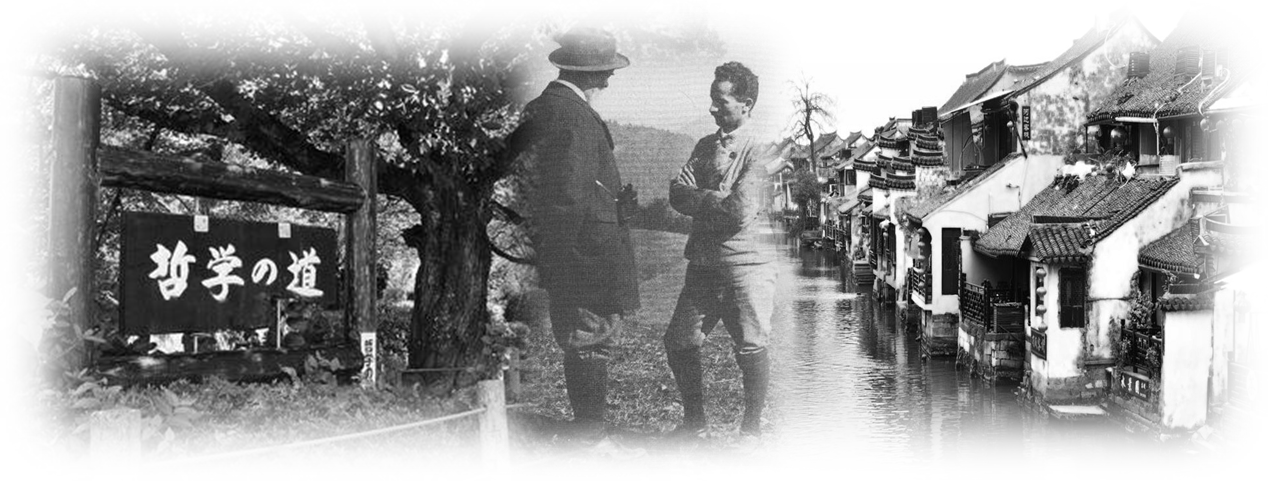Department of Philosophy and Religious Studies hosts the on-line Conference on “Receptions of Heidegger’s Philosophy in China and Japan”

On November 20-21, the Department of Philosophy and Religious Studies hosted an international conference on “Receptions of Heidegger’s Philosophy in China and Japan”. 22 scholars from Macau, mainland China, Hong Kong, Japan, German and Austria gather together in the form of online conference to reflect upon the Heidegger’s historical and philosophical influence on east Asian from a transcultural and comparative perspective.
At the opening ceremony, Professor Wang Qingjie, Head of Department of Philosophy and Religious Studies, summarized the great achievements of the research of Heidegger’s impact on Japanese and Chinese thoughts that have made ever since the publication of the book Heidegger and Asian Thought (ed. by Graham Parks) in 1987. He concluded that it was time to think with Heidegger on the issues or the problems he thought, rather than simply to follow or to repeat Heidegger to think as a Heideggerian.
This conference covered a wide range of themes including Kōsaka Masaaki’s “Hermeneutical Structure of Michi”,a new interpretation of Lao’s “heng dao” through Heidegger’s tempo-logy, a reexamination of the Chinese translation of Sein or being, Heidegger’s question concerning technology as an inquiry into the other beginning, the notion of Wang in Tang Junyi’s interpretation of Heidegger’s philosophy, the dialectic in the Japanese reception of Heidegger, Nishitani Keiji’s theory on Nietzsche and his overcoming of nihilism, Nishida and Mou’s contribution to the dispute between Heidegger and Cassirer regarding human finitude and infinitude, Watsuji’s alternative view of community to Heidegger, the compatibility between philosophy of existence and intercultural philosophy in Heidegger’s thought, Zhang Taiyan and Heidegger’s thinking of Me-ontological decline and reorientation of Heideggerian province, etc.
These fruitful conference papers contribute a series of profound philosophical horizons stimulated by the encounter between Eastern and Western Philosophy. They reveal how multicultural thinking can help us to respond to the frontier issues such as humanistic concern in the background of the global epidemic, the fate of the human community, and the status of man in the technological age. This prompts us to develop a new philosophical thought moving forward from Heidegger’s “being-toward-death” to “being-from-birth”.
This conference helps to strengthen the exchange of ideas and cultural cooperation within the region, and further promotes cross-civilizational dialogue between Macau and the world. Macau used to be the first place where Western ideas and thoughts entered China in the modern history of the world. The Department of Philosophy and Religious Studies will adopt this cultural legacy and continue to play a significant role of the cultural bridge between the East and the West in the future.

